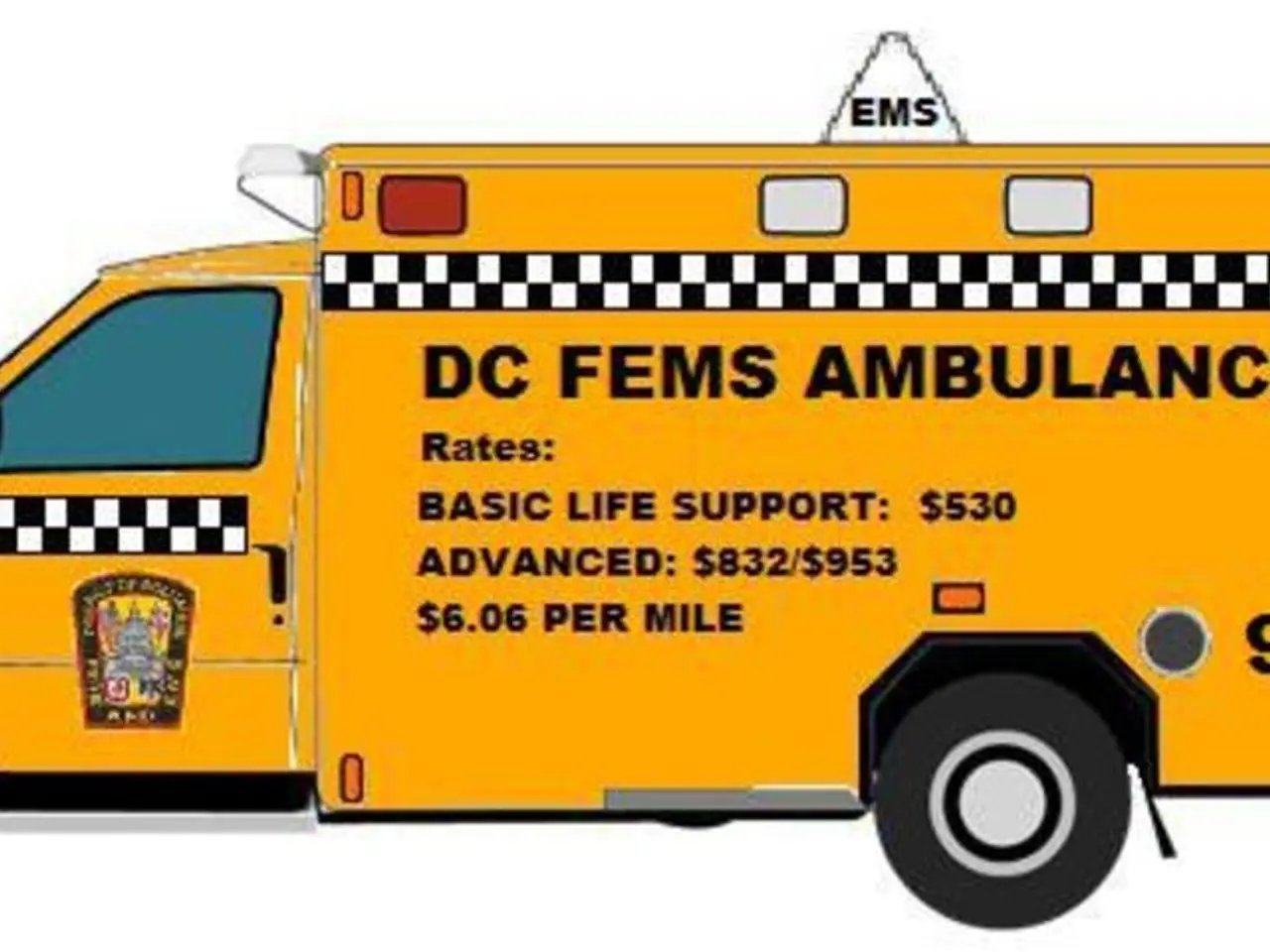Prioritizing Grief Management in the Nonprofit Sector from a Public Health Perspective
In the face of the ongoing overdose epidemic in the United States, it's essential to rethink our approach to harm reduction strategies. National overdose response strategies should prioritise grief and trauma support as core pillars, not afterthoughts.
Grief, as a public health issue, requires attention and treatment as a strategy for healing, connection, and ultimately prevention. Existing harm reduction services like syringe service programs, overdose prevention sites, and recovery organisations should include bereavement support to address the unique challenges of overdose-related bereavement.
The Lifeline for Loss support group, developed by Overdose Lifeline, is a shining example of this approach. This safe space provides a much-needed resource for those who have experienced loss from a drug-related cause of death. For families and friends who feel stigmatised and unable to attend other loss support groups due to the drug-related cause of death, the Lifeline for Loss group offers a sanctuary.
Justin Phillips, CEO & founder of Overdose Lifeline, created the Lifeline for Loss group as a response to his own experience of losing a loved one. Thousands of lives are lost each year due to the overdose epidemic, and unaddressed grief isn't just a side effect but a multiplier. Grief following an overdose is often compounded by stigma, circumstances of death, and expectations of mourning.
Key approaches to incorporating grief support into harm reduction programs include offering bereavement counseling and various therapy types, establishing peer support groups specifically for overdose-bereaved families, developing overdose-specific grief interventions, training harm reduction program staff to recognise grief signs and provide appropriate referrals, and providing accessible, community-based grief resources.
Overdose Lifeline has found success working with the county coroner, funeral home community, local law enforcement, and training individuals with lived experience to become a support for early grieving families. By filling gaps in services not typically provided by government or other systems, organisations like Overdose Lifeline are making a significant impact.
Nonprofit work is about more than saving lives in the moment; it's about sustaining life after loss and meeting people where they are, especially when they are grieving. By shifting the narrative and engaging with the media, nonprofits can help bring attention to the need for grief support in harm reduction programs and policies.
In conclusion, a trauma-informed, harm reduction approach to grief recognises surviving a loved one's overdose as a traumatic event. Embracing grief support as a core component of harm reduction frameworks is critical for improving mental health outcomes and resilience in overdose-affected families.
[1] Source for bereavement counseling and therapy types: [insert source here] [2] Source for overdose-specific grief interventions: [insert source here] [3] Source for peer support groups and community-based grief resources: [insert source here] [4] Source for training harm reduction program staff: [insert source here] [5] Source for integrating grief resources into harm reduction services: [insert source here]
Justin Phillips, the CEO and founder of Overdose Lifeline, has highlighted the importance of science to improve mental health outcomes and resilience in overdose-affected families. He suggests the integration of health-and-wellness practices like bereavement counseling, therapist types, overdose-specific grief interventions, and peer support groups into existing harm reduction services such as syringe service programs and recovery organizations, to effectively address the unique challenges of overdose-related bereavement. The Lifeline for Loss support group, a shining example of this approach, was created by Justin Phillips to provide a sanctuary for those who have experienced loss due to drug-related causes, helping them navigate their grief and promote healing within the broader science of mental health.




